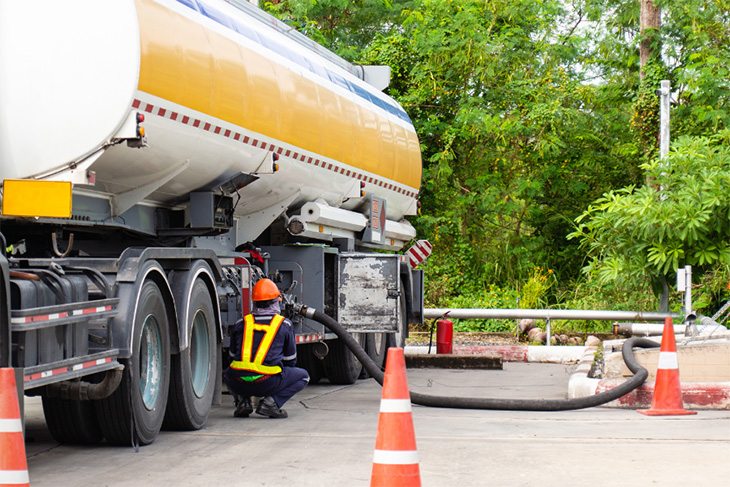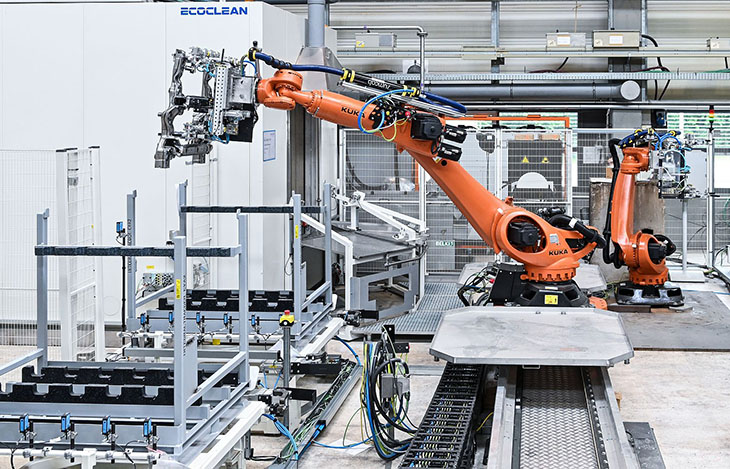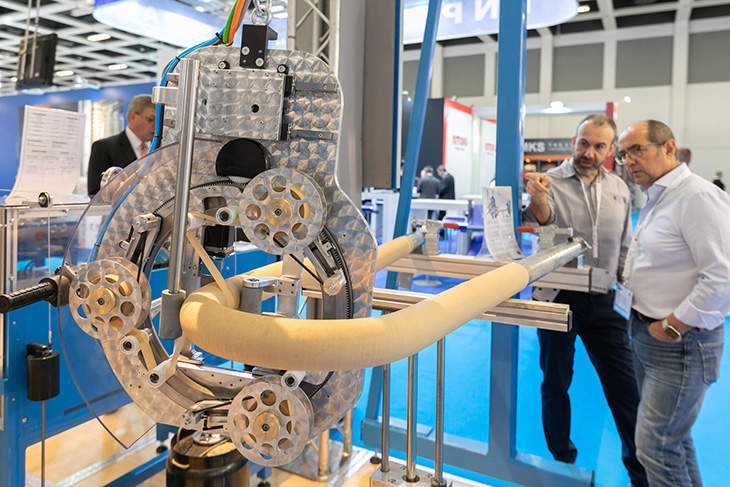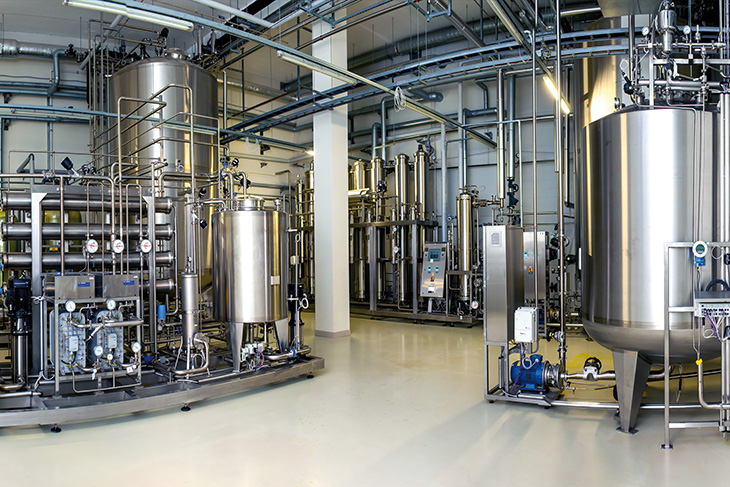The fuel distribution landscape is undergoing a remarkable transformation with the emergence of self-service container fuel stations. These stations represent a significant advancement in the accessibility and convenience of refuelling services, particularly in remote locations. This article delves into how container fuel stations are revolutionising the refuelling process and why they are becoming increasingly popular in various sectors.
The Advent of Self-Service in Fuel Distribution
Self-service container fuel stations are a testament to the innovative strides being made in the fuel industry. These comprehensive units come equipped with modern technology that allows for easy, self-serviced refuelling. No longer are drivers bound by the operating hours of traditional fuel stations; container fuel stations offer 24/7 access, making them a highly convenient option for users. Their mobility and ease of installation mean they can be swiftly deployed to serve the needs of a wide range of clients, from truck transport companies to individual farmers.
Ecological Impact and Safety Measures
An essential aspect of container fuel stations is their ecological design. In an era where environmental impact is scrutinised, these stations are engineered to store and distribute fuel while adhering to strict ecological standards. They are constructed to prevent spills and leaks, thereby minimising the potential negative impact on the surrounding environment. This commitment to ecological safety is particularly beneficial for watercraft fuelling, where the risk of contamination to water bodies is a significant concern.
Versatility Across Industries
The versatility of container fuel stations is evident in their wide range of applications. For machine parks and transport fleets, these stations provide an efficient on-site fuelling solution that can support a high volume of vehicles with varying fuel requirements. They are also an indispensable asset for road infrastructure projects, such as the construction of roads and highways, where fuel access is critical, yet traditional stations may be out of reach.
Mobilising Rural and Aviation Fuel Supply
Container fuel stations are particularly advantageous for rural and agricultural areas where fuel supply points are scarce. They empower individual farmers with the capability to refuel agricultural machinery without the need to travel long distances. Similarly, small and medium-sized airports, including private airstrips, benefit from the tailored fuelling capabilities of container fuel station, ensuring that aircraft, from helicopters to planes, can be refuelled efficiently and safely.
The Technological Edge of Container Fuel Stations
Incorporating the latest in fuel distribution technology, container fuel stations are equipped with features that enhance the user experience. From secure payment systems to intuitive user interfaces, these stations represent the pinnacle of self-service technology. Their robust construction and advanced fuel monitoring systems also ensure reliability and consistent performance, even in the most challenging environments.
The Future of Fuelling is Here
The rise of self-service container fuel stations marks a pivotal shift in how fuel is distributed and accessed across industries. Their ability to offer flexible, ecological, and user-friendly refuelling options positions them at the forefront of the fuel distribution revolution. As the demand for innovative and versatile fuelling solutions grows, container fuel station stands ready to meet the challenge, paving the way for a more connected and efficient future.

























